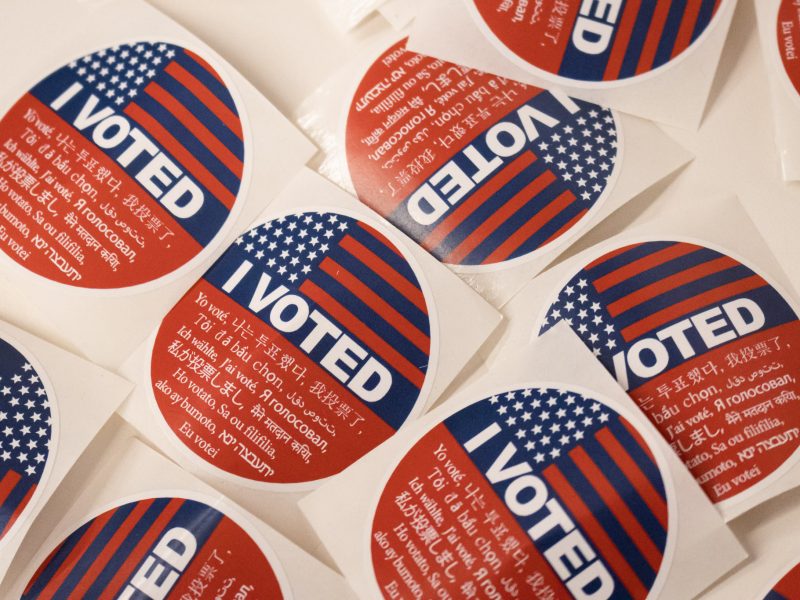The Board of Regents unanimously voted last week to adopt a college loan code of conduct that restricts financial relationships between universities and lenders.
Following a national investigation into the relationship between university financial aid departments and student loan companies, the seven-point code was prepared by Maryland Attorney General Douglas Gansler to offer students and parents a “level of transparency and comfort” during the process of finding a lender, said Raquel Guillory, a Gansler spokesperson.
“We are extremely pleased that [the University System of Maryland] took this step,” Guillory said.
The code forbids lenders from paying colleges or college financial aid employees for a spot on a university’s preferred lenders list. It also mandates that colleges explain how the preferred lenders are chosen, explicitly state that students are not required to choose a preferred lender and forbid lender employees from identifying themselves as college employees.
“College preferred lender lists must be based solely on the best interests of students who may use the list without regard to the financial interests of the college,” the code says.
All higher education institutions in Maryland have approved the code, with minor language revisions suggested by the universities.
“I am very pleased that the board has adopted this code for USM,” Chancellor Brit Kirwan said in a statement. “Financing a college education can be a daunting and confusing experience for students and their families. They deserve the most fair, reliable, and objective information and counsel about student loans that is possible. This code will help ensure that.”
The controversy surrounding university and lender relationships began when New York State Attorney General Andrew Cuomo found school officials were encouraging students to use specific lenders in exchange for financial benefits from the lenders.
An internal investigation found no instances of this university or its officials receiving gifts from student loan companies, and that this university was already acting in a manner that is compliant with the new code.
That can’t be said for every university in the state of Maryland, however.
The financial aid director at Johns Hopkins University in Baltimore, the only state school not already in compliance, was forced to step down last month after it was uncovered that she had received $65,000 from a lender.
Guillory said that was an isolated incident, and the USM has made it clear that none of its institutions were found to be involved in improper relationships with lenders.
“To date, no irregularities in [our] institutions’ lender relationships have been found,” USM said in a statement.
Contact reporter Brady Holt at newsdesk@dbk.umd.edu.


